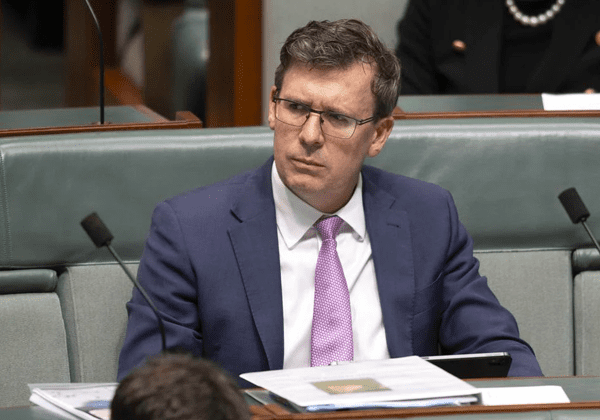From January next year, new seven-year time limits on university degrees will take effect under legislation known as the ‘Student Learning Entitlement.’
Under the changes, students in a Commonwealth Supported Place will only be entitled to HECS-HELP Support for a maximum of 7 years of full-time equivalent study. After that period, students must pay full tuition fees for the remainder of their studies, including any additional degrees.
The SLE was previously scrapped in 2012 but reintroduced after negotiations with Senator Pauline Hanson. It was part of the Job-ready Graduates Package last year, which also resulted in major fee hikes and the withdrawal of government subsidies for students who fail more than 50 per cent of their subjects.
Students have expressed concerns that the new time limits will have devastating impacts on students who receive the least support in the higher education system.
I'd say it would mostly effect students who have the least support/ capacity. People who without parental support, have a disability, NESB, exp racism etc. The idea of people finishing degrees in the suggested full time load is a bit of relic from different times imo
— Dylan Griffiths (@DylanInnerWest) November 9, 2021
2022 SRC Disabilities Officers Sarah Korte, Ira Patole and Holly Zhang told Honi: “This unnecessary degree completion time limit punishes disabled students, who already face a myriad of barriers to accessing the transformative benefits of education.”
“Disabled students often need to take a [smaller] study load in order to manage their studies alongside their disability, or take time off their studies to receive healthcare, recover from surgery or to earn money to support themselves and cover medical expenses.”
“This policy discriminates against students who are already struggling by imposing a financial penalty when they have already invested more time than others to access the same learning.”
I lived on $20 a week after rent for 6 months due to my student allowance being delayed which shockingly effected my grades, and now as I'm looking to go back to uni, will give me little to no time to maneuver to complete my course
— Schrodinger's Box (@SisypheanDoubts) November 9, 2021
Additionally, concerns have been raised that students who would otherwise undertake longer study programs or further study are being pushed to enter the workforce.
The Group of Eight (Go8) universities noted in a recent submission that time limits would particularly impact the medical field, which is already experiencing a labour shortage. A large number of medical students undertake a 3-year undergraduate degree in a related field such as science, before moving into a medical degree which is typically 4 to 6 years — exceeding their learning entitlement.
HECS / HELP fees get paid back – what does it matter how much time you spend at uni? If you pay the debt back (which will happen through taxation) you should be able to do as many courses as you like.
— Sheralee Fordham (@sheraleefordham) November 8, 2021
I did a 3 year BSc then a 5 year medical degree (BMed); all undergrad, consecutive, full time. Paid off my HECS. Did my 5.5 yr specialist training. Worked as a dr for 23 years so far; probs go for another 15. Was I really that big a waste of taxpayers money?
— 🔬Dr Kate Stewart FRCPA 🏳️🌈👩👩👧👧 (@girlscouter) November 8, 2021
Andrew Norton, a higher education policy expert from Australian National University, told the Australian Financial Review there appeared to be little reason to reintroduce the SLE other than to take up bureaucrats’ time.
“My data shows that only 0.2 per cent of students use eight years or more to complete their degree and 0.7 per cent had used seven years,” Mr Norton said. “And probably most of those would be exceptional cases.”
“It seems designed to spot the perpetual student who just does degree after degree. But the reality is there are very few of those people,” Mr Norton said.





